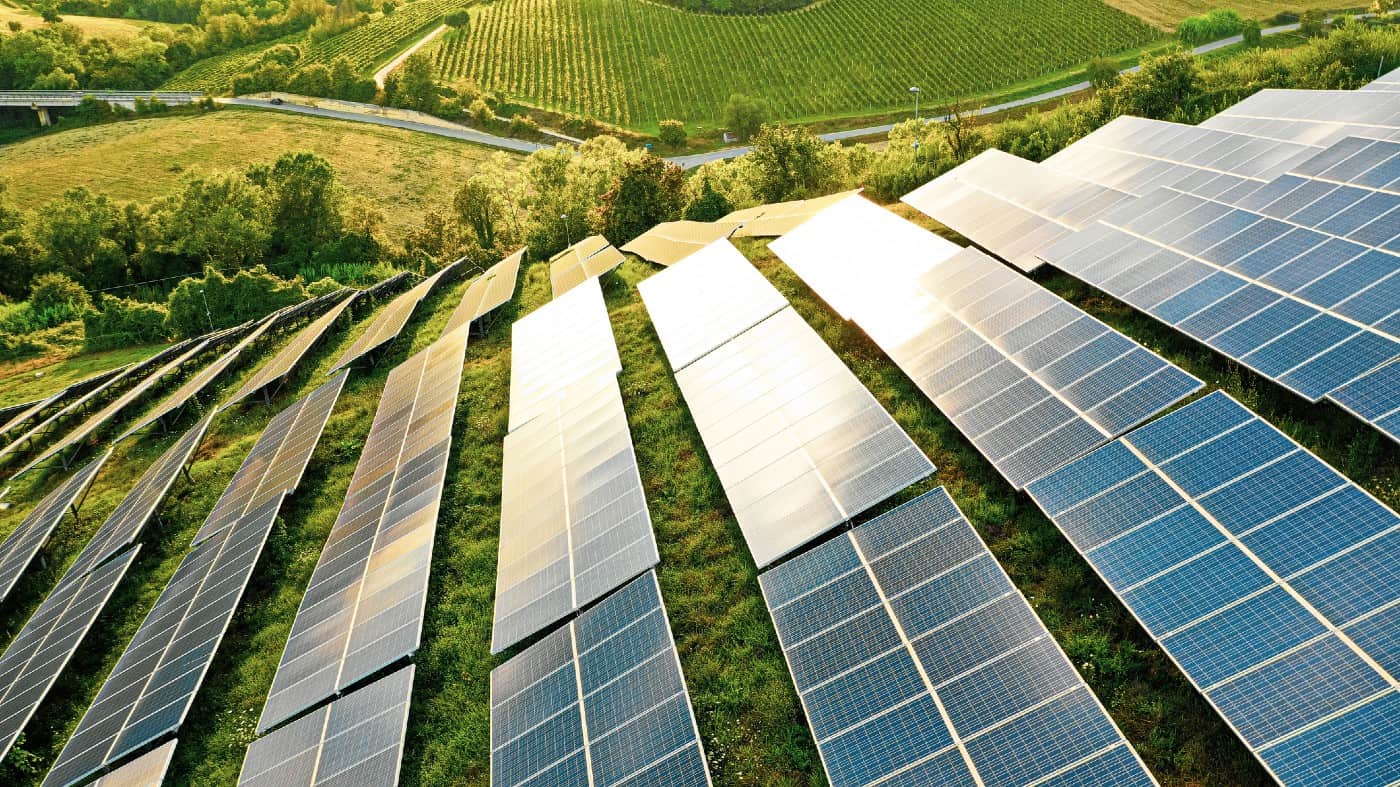The world of penny stocks is notorious for being risky. But every once in a while, an exciting investment opportunity comes along that offers potentially substantial long-term returns.
Britain’s new prime minister, Liz Truss, doesn’t have the best track record when it comes to green energy technologies, especially solar. Yet the push toward renewables seems to be accelerating.
A recent study by Opinium Research surveyed the opinions of the British population and the investing community regarding this sector. It found that 66% want investments into renewables to increase, while 78% of investors with at least 10 years’ experience support more solar energy projects.
Should you invest £1,000 in Manchester United Plc right now?
When investing expert Mark Rogers has a stock tip, it can pay to listen. After all, the flagship Motley Fool Share Advisor newsletter he has run for nearly a decade has provided thousands of paying members with top stock recommendations from the UK and US markets. And right now, Mark thinks there are 6 standout stocks that investors should consider buying. Want to see if Manchester United Plc made the list?
Those are some pretty encouraging numbers. And it’s what’s brought NextEnergy Solar Fund (LSE:NESF) onto my radar.
One of the best penny stocks to buy now?
The company is a renewable energy infrastructure fund. It owns a collection of solar energy assets across the UK with a total generating capacity of 865MW. That’s about enough to power 216,300 homes all year round, roughly equivalent to Newcastle and Brighton combined.
Over the last five years, NextEnergy Solar has rapidly expanded its asset portfolio. Today, it houses 99 solar operations versus 63 in early 2018. Pairing this expansion with a rise in electricity demand, the group’s revenue stream has grown by an average of 30% annually. And since its operating costs are almost entirely fixed, the recent surge in energy prices has launched profit margins to a massive 88.8%!
With the bottom line exploding, dividends have been doing the same. And today, the almost penny stock offers an impressive 5% dividend yield after management fees are taken into account.
The stock is trading below net asset value, even after rising 22% in the last 12 months, so shares of NextEnergy Solar are looking rather cheap, in my opinion. So are these the next perfect addition to my income portfolio? Maybe. But there are some other factors to consider first.
The challenges that lie ahead
As impressive as the group’s cash flows are, nothing comes risk-free. The most obvious threat that comes to mind is new government policy. As I previously mentioned, the PM isn’t an ally of solar energy. But given the level of support shown by the investing community, I’m less concerned about this and more troubled by the company’s debt.
As a registered Real Estate Investment Trust (REIT), 90% of net earnings are paid out to shareholders as dividends. This is wonderful for my portfolio, but less so for the business. Why? Because with virtually no retained earnings, management is dependent on external debt and equity financing to fuel future growth.
With interest rates on the rise, reliance on equity is likely to increase. And that could trigger a lot of dilution, potentially destroying shareholder value rather than creating it.
So far, management has proven its aptitude in avoiding this scenario. But it’s something I’ll be keeping an eye on. Overall, I’m cautiously optimistic about the future of this penny stock, and I may decide to add it to my income portfolio while the shares continue to look cheap.








